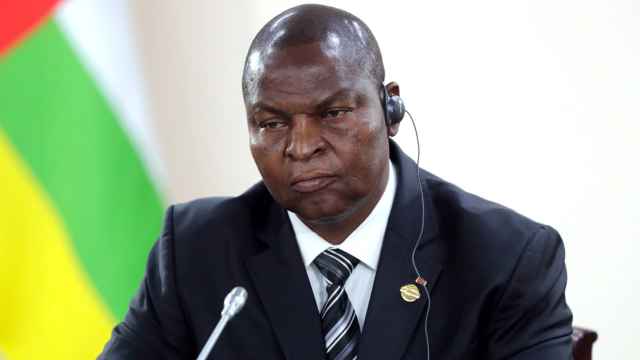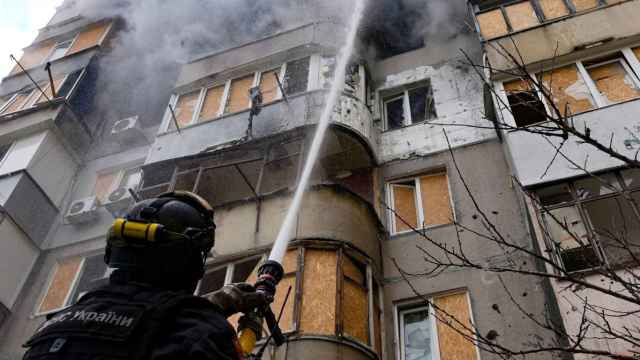Russia's energy minister still sees potential in power cooperation between Germany and Russia, he told a German newspaper only days after talks between RWE and Gazprom over joint power production ventures failed.
Sergei Shmatko said in an interview with Frankfurter Allgemeine Zeitung on Tuesday that Russia and Germany complemented each other well, but called for political assurances regarding the construction of gas-to-power plants and the safety of investments.
"We have the means to finance, we have gas, Germany has efficient technologies and a potentially large market," Shmatko said. "It could be done fast."
"Gas plants could, for instance, be built where nuclear plants used to be. The existing power infrastructure could be used," he said.
"This idea, however, only works if the government arrives at a clear yes. So far, this has not happened."
Shmatko criticized how Germany reserves first space on transmission networks for renewable power due to its strategy of generating increasingly more "green" power at the expense of that derived from fossil fuels, so there is no guarantee that gas-to-power volumes will eventually be sold after generation.
While talks begun with RWE in mid-July were terminated last week, Gazprom continues to explore power cooperation with the state of Bavaria, having struck a gas plant deal with Danish utility Dong earlier this year.
Shmatko also said that if power grids between Germany and its eastern neighbors were strengthened, then Poland, Ukraine, Russia and Belarus could help fill supply gaps possibly arising from Germany's decision to scrap a large slice of its own nuclear supply in the wake of Japan's Fukushima crisis.
A Message from The Moscow Times:
Dear readers,
We are facing unprecedented challenges. Russia's Prosecutor General's Office has designated The Moscow Times as an "undesirable" organization, criminalizing our work and putting our staff at risk of prosecution. This follows our earlier unjust labeling as a "foreign agent."
These actions are direct attempts to silence independent journalism in Russia. The authorities claim our work "discredits the decisions of the Russian leadership." We see things differently: we strive to provide accurate, unbiased reporting on Russia.
We, the journalists of The Moscow Times, refuse to be silenced. But to continue our work, we need your help.
Your support, no matter how small, makes a world of difference. If you can, please support us monthly starting from just $2. It's quick to set up, and every contribution makes a significant impact.
By supporting The Moscow Times, you're defending open, independent journalism in the face of repression. Thank you for standing with us.
Remind me later.





